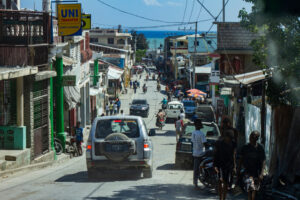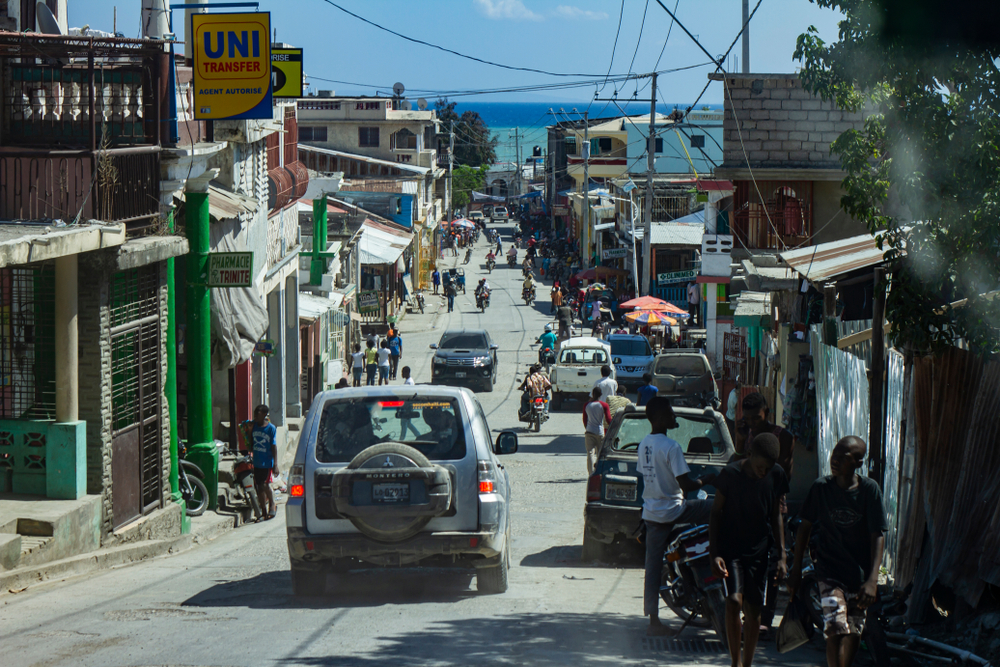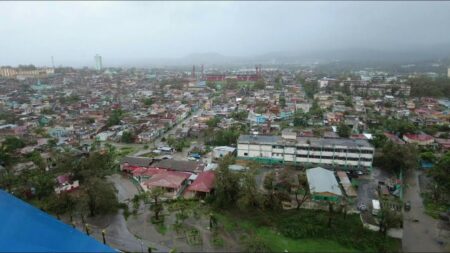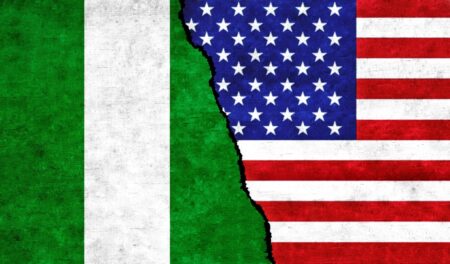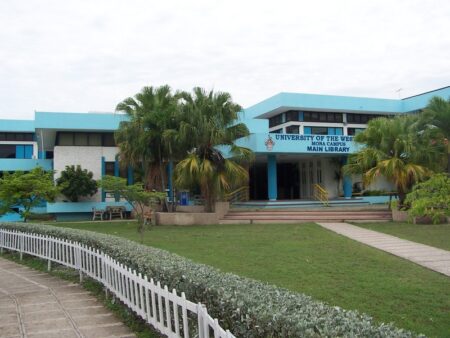In the aftermath of Hurricane Melissa’s passage through the Caribbean, Haiti is now facing a growing humanitarian crisis. According to Haitian government figures, the death toll has reached 43 people, with 13 still missing.
Government sources say more than 30 towns in the country’s southwestern region bore the brunt of the storm when landslides and floodwaters swept through. At least 25 deaths occurred in the coastal town of Petit-Goâve alone, according to The Associated Press.
The thousands and dozens of destroyed flooded homes. More than 1,700 people remain in temporary shelters.
Infrastructure damage is widespread, with roads blocked by debris and landslides, leaving them impassable and hindering relief efforts in mountain villages. Missionary priest Massimo Miraglio, in the village of Pourcine-Pic Makaya, spoke to Fides.Org about the parish house, which was flooded, the kitchen destroyed, banana and coffee crops wiped out and many homes damaged.
Haiti’s fragile agricultural sector has taken a heavy hit, with crops such as bananas and coffee, which are critical for subsistence and income, being destroyed. Damage to mountain farms, especially in remote villages where roads are still closed, may mean farmers lose their planting season, compounding food security risks.
In response, Haiti’s government has declared three days of national mourning and placed several regions under a state of emergency. Relief operations are underway, but access remains a significant obstacle.
Natural disasters repeatedly strike Haiti’s southern peninsula. The country’s infrastructure is weak, with many homes not built to withstand extreme weather. Villages like Pourcine-Pic Makaya, reachable only by mountain roads, are disproportionately impacted when flooding or landslides occur.
As Father Miraglio explains, “It is urgent and important to get things moving again: reopen the school, clean the well, and allow what remains to regenerate.”
Rescue teams are still trying to reach cut-off communities in the southwest. Clearing roads and restoring communications are immediate priorities. With many temporarily displaced, the provision of safe shelters and eventual permanent homes will be critical.
Farmers will need seeds, tools and support to replant and rebuild their livelihoods. The destruction of coffee and banana plantations will affect both income and food security. Flooding has disrupted wells and water systems, making the restoration of clean water and sanitation a pressing health concern.
As Hurricane Melissa moves away, Haiti begins the long recovery process with minimal media coverage.
You can help support local Haitian communities by donating to these organizations:



